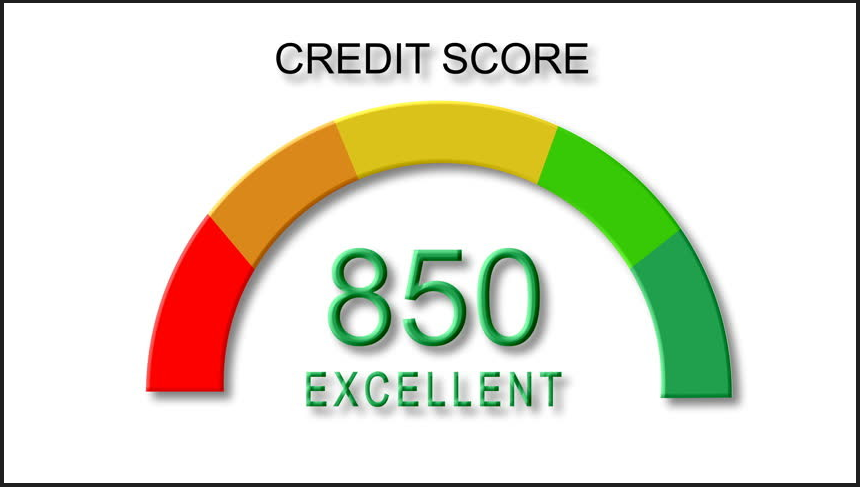Improving your financial analysis skills involves a combination of learning, practice, and practical experience. Here are some steps you can take:
- Education and Learning:
A. Courses and Certifications: Consider taking courses or certifications related to financial analysis. Look for programs that cover topics like financial modeling, data analysis, and investment analysis.
B. Online Resources: Explore online platforms like Coursera, edX, or Khan Academy for free or paid courses on finance and analytics. - Master Excel and Financial Tools:
A. Excel Skills: Excel is a fundamental tool for financial analysis. Learn advanced functions, pivot tables, and data visualization techniques.
B. Financial Software: Familiarize yourself with financial software such as Bloomberg, FactSet, or other industry-specific tools. - Understand Financial Statements:
A. Balance Sheets, Income Statements, and Cash Flow Statements: Learn how to interpret these statements, analyze trends, and identify key financial ratios.
B. Ratio Analysis: Understand ratios like liquidity ratios, profitability ratios, and efficiency ratios. - Practice Data Analysis:
A. Data Cleaning and Preparation: Practice cleaning and organizing financial data.
B. Regression Analysis: Learn how to use regression models to analyze relationships between variables. - Industry Knowledge:
A. Sector-Specific Knowledge: Understand the industry you’re analyzing. Different sectors have unique financial metrics and challenges.
B. Stay Updated: Read financial news, reports, and industry analyses regularly. - Case Studies and Real-Life Examples:
A. Analyze Real Companies: Pick companies, study their financials, and create your own analyses.
B. Investment Cases: Practice evaluating investment opportunities. - Soft Skills:
A. Communication: Develop clear and concise communication skills. As a financial analyst, you’ll need to explain complex concepts to non-experts.
B. Attention to Detail: Accuracy matters in financial analysis.
Continuous learning and practical application are key. Start with the basics and gradually build your expertise. All the best!


